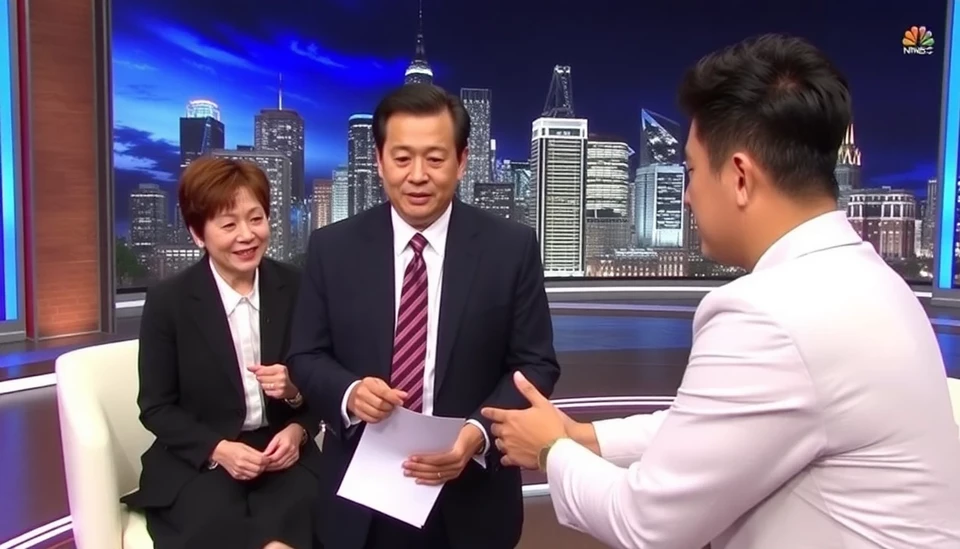
In a significant turn of events, numerous companies have begun withdrawing their advertising from Japan’s Fuji Television Network following a burgeoning scandal that has raised serious ethical questions. This wave of discontent stems from the network’s handling of a sensitive issue that has drawn the ire of public consciousness and stirred disapproval among consumer advocates.
The scandal erupted when a highly publicized television program aired content that many deemed offensive and inappropriate. Critics have accused the show of perpetuating harmful stereotypes and trivializing serious societal issues, leading to an outrage on social media platforms where viewers expressed their dismay. The backlash has triggered a domino effect, prompting a handful of prominent brands to rethink their association with the network.
Organizations such as consumer goods giant Procter & Gamble and several other big-name advertisers have expressed concern for their brand image in the wake of the public outcry. Analysts note that in today’s digital landscape, where consumer sentiment can shift rapidly, companies are keen to avoid any potential association with content that may damage their reputation.
Industry experts assert that this situation reflects a broader trend in which brands are increasingly prioritizing corporate social responsibility (CSR) and aligning their advertising strategies with ethical standards. The increasing number of companies that have pulled their ads indicates a collective shift towards being more socially aware and responsive to public sentiment.
In the context of this scandal, critics have called upon Fuji TV to take accountability for the content they produce, urging the network to reflect on its role and responsibility in shaping public narratives. The call for change has sparked discussions around content regulation and the ethical obligations of media outlets to foster a more inclusive and respectful media environment.
The fallout from the scandal has also prompted other media organizations to assess their own programming and advertising strategies, anticipating that similar scrutiny could arise for them in the future. This situation serves as a cautionary tale for the entertainment industry, highlighting the importance of maintaining a balance between creative expression and social responsibility.
As the pressure mounts on Fuji TV, executives are reportedly meeting with their marketing teams to strategize on how to restore brand trust and restore positive viewer relationships. Until concrete changes are enacted, the trend of ad withdrawals may continue, destabilizing the financial framework of one of Japan’s most established television networks.
This controversy has not only highlighted the power of consumer advocacy in the media industry but also raises questions about the future of advertising partnerships with media companies that fail to uphold ethical content standards.
As the story continues to develop, it is clear that the landscape of advertising and media evaluation is shifting, ushering in a new era where both consumers and brands expect a higher standard of integrity from media outlets.
#FujiTV #advertising #scandal #corporatesocialresponsibility #mediaethics #Japan #publicoutrage #brandimage #contentregulation
Author: Samuel Brooks
